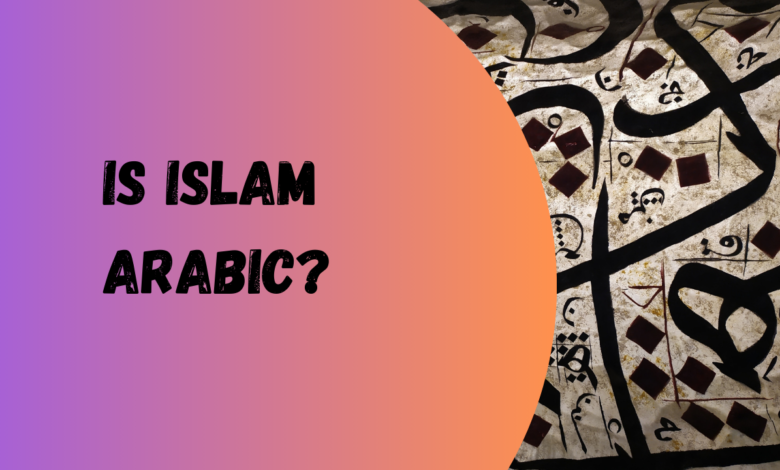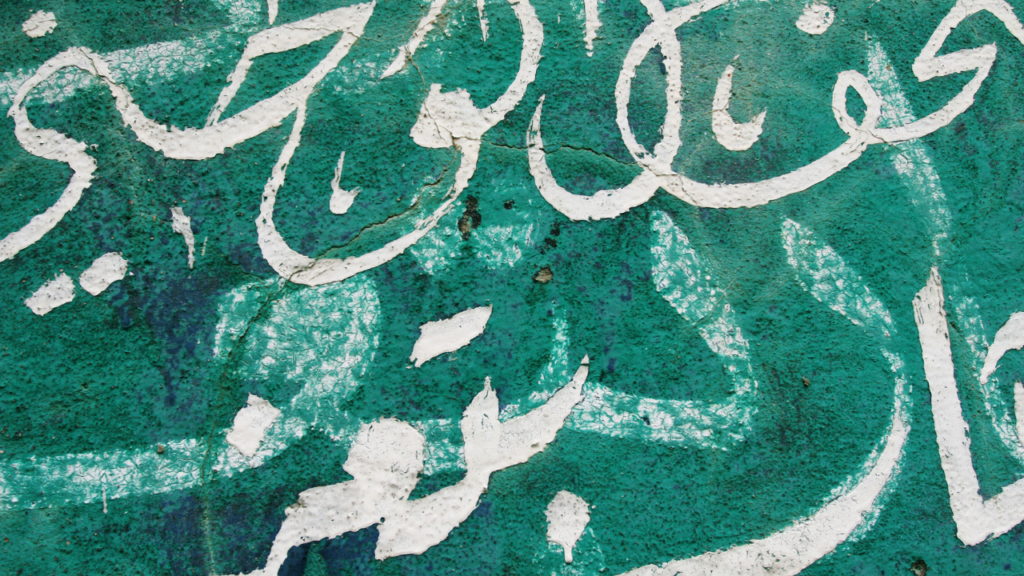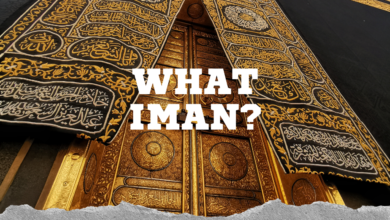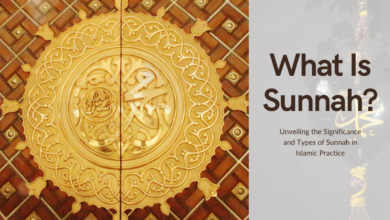
Is Islam Arabic?
No, Islam is not Arabic by origin. While it emerged in the Arabian Peninsula in the 7th century CE, it is a global religion that is not limited to any specific language or ethnicity.

Introduction
Islam is a major world religion with over 1.8 billion followers, making it the second-largest religion on the planet. Its holy book, the Quran, is written in Arabic, and Arabic is the liturgical language of Islam. This association between Islam and the Arabic language has led to the common misconception that Islam is inherently Arabic. However, it’s important to understand that Islam is a global faith with followers from diverse linguistic and cultural backgrounds. In this article, we will explore the relationship between Islam and the Arabic language, as well as the global dimensions of this religion.
The Role of Arabic in Islam
Arabic plays a significant role in Islam, primarily because it is the language in which the Quran was revealed to the Prophet Muhammad over 1,400 years ago. The Quran is considered by Muslims to be the literal word of God, and its recitation and preservation in its original Arabic form are central to the faith. Muslims around the world are encouraged to learn and recite Quranic verses in Arabic, even if it is not their native language.
Additionally, Arabic is the language of the call to prayer (Adhan) and is commonly used in religious rituals and supplications. Understanding Arabic can enhance a Muslim’s ability to connect with their faith and fully participate in religious practices.
The Global Reach of Islam
While Arabic is integral to Islamic religious practices, it is essential to recognize that Islam is not limited to Arab-speaking countries or people of Arab descent. In fact, the majority of Muslims worldwide are not native Arabic speakers. The global Muslim community is incredibly diverse, encompassing people from various ethnic, linguistic, and cultural backgrounds.
Some of the largest Muslim populations in the world are found in non-Arabic-speaking countries, such as Indonesia, Pakistan, India, Bangladesh, and Nigeria. These countries have their own languages, traditions, and cultures that exist alongside their practice of Islam.
Translation and Interpretation
To make the teachings of Islam accessible to non-Arabic speakers, the Quran has been translated into numerous languages. These translations are valuable tools for Muslims worldwide, allowing them to understand the Quran’s message and teachings in their native tongues. However, it’s important to note that translations are interpretations, and the nuances of the original Arabic text may not always be fully captured.
Islamic scholarship has a rich tradition of linguistic analysis and interpretation. Scholars known as “mufassirun” specialize in explaining the Quran’s verses, taking into account linguistic, historical, and cultural context. These scholars provide valuable insights to Muslims regardless of their linguistic background.
Also Check
- Which Hadith do Sunnis follow?
- Islamic culture
- Divorce in Islam
- What is Halal in Islam?
- Islamic dreaming
Cultural Diversity Within Islam
The diversity within the global Muslim community is reflected not only in languages but also in cultural practices and traditions. For example, the way Islam is practiced in Indonesia differs from how it is observed in Saudi Arabia or Senegal. These regional variations are influenced by historical, cultural, and social factors. Despite these differences, all Muslims share the core beliefs and tenets of Islam.
Conclusion
In conclusion, while Arabic is closely associated with Islam due to the Quran’s revelation in Arabic and the language’s significance in Islamic rituals, it is essential to recognize that Islam is a global religion with followers from a wide range of linguistic and cultural backgrounds. The linguistic diversity within the Muslim world is a testament to the religion’s adaptability and universality.
Islam’s message transcends linguistic barriers, and its core values of faith, prayer, charity, fasting, and pilgrimage remain consistent regardless of the language spoken. Therefore, Islam is not solely Arabic; it is a faith that unites people from all corners of the world, regardless of their mother tongue, in their shared devotion to God.

FAQs About Islam and Arabic:
Is Islam Arabic by origin?
No, Islam is not Arabic by origin. While it emerged in the Arabian Peninsula in the 7th century CE, it is a global religion that is not limited to any specific language or ethnicity.
What is the primary language of Islam?
Arabic is considered the sacred language of Islam because the Quran, the holy book of Islam, was revealed in Arabic. However, Islam is a universal religion, and its teachings are accessible in many languages around the world.
Do all Muslims speak Arabic?
No, not all Muslims speak Arabic. Islam has followers from diverse linguistic backgrounds, and many Muslims around the world do not speak Arabic as their first language. They may learn Arabic for religious purposes but typically pray and communicate in their native languages.
Is it necessary for Muslims to learn Arabic?
It is not mandatory for all Muslims to learn Arabic, but it is highly encouraged for those who wish to deepen their understanding of Islam and the Quran. Learning Arabic can help Muslims better understand the religious texts and participate in prayers and rituals with greater comprehension.
Can you practice Islam without knowing Arabic?
Yes, you can practice Islam without knowing Arabic. Many Islamic resources, including translations of the Quran and explanations of Islamic teachings, are available in various languages. Muslims can perform their religious duties and connect with God in their native languages.
Are there different versions of the Quran in different languages?
No, there is only one Quran, which is in Arabic. However, there are translations of the Quran into numerous languages to make its teachings accessible to non-Arabic speakers. These translations aim to convey the meaning of the original Arabic text.
Are Arabic and Islamic culture the same thing?
No, Arabic and Islamic culture are not the same. Arabic culture refers to the customs, traditions, and way of life of people in Arab-speaking countries, while Islamic culture encompasses the shared values and practices of Muslims worldwide, regardless of their native language or culture.
Is it disrespectful to translate the Quran into other languages?
No, translating the Quran into other languages is not considered disrespectful. It is done to make the teachings of Islam accessible to people who do not speak Arabic. However, Muslims believe that the translations are interpretations and that the original Arabic text is the most authentic.
Can non-Arabic speakers become scholars or imams in Islam?
Yes, non-Arabic speakers can become scholars or imams in Islam. Many Islamic scholars and religious leaders worldwide do not speak Arabic as their first language. They study the language and the religion to become knowledgeable in their faith.
What role does Arabic play in Islamic worship?
Arabic plays a significant role in Islamic worship, particularly in the recitation of the Quran during prayers. Many Islamic prayers and supplications are recited in Arabic, and understanding the language can enhance the worship experience. However, Muslims are encouraged to seek a deeper understanding of the meanings behind the Arabic text.






